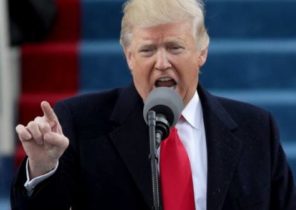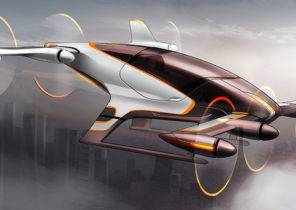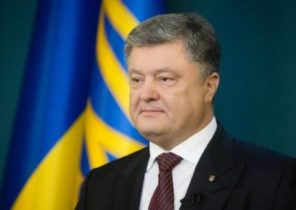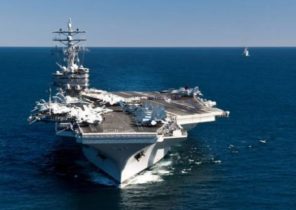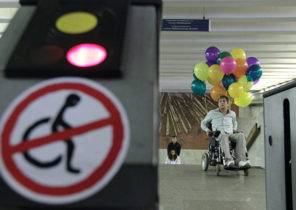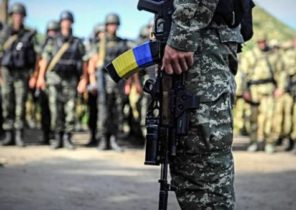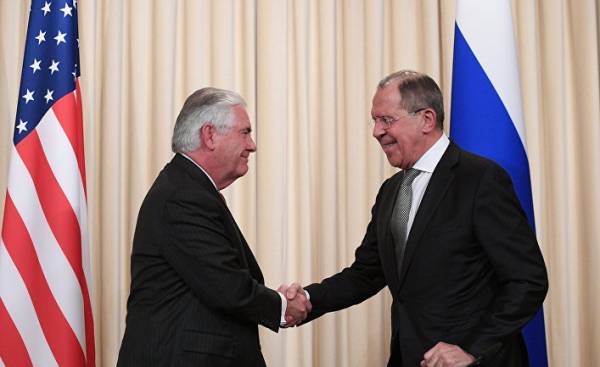
What we had is hardly a reboot. Rather, it was a timid pause in the second cold war. Endless days of sound and fury back when President trump eventually decided that NATO does not “outdated.” However, he still wants to “get along” with Russia.
Ahead of a meeting with U.S. Secretary of state Rex Tillerson, Russian President Vladimir Putin said that trust between Russia and the United States is at the working level, especially in the military field. But he has not improved, but rather degraded. An example is the report of the UN Security Council, where Russia basically accused of spreading false news.
At the peak of hysteria, associated with the “Russiagate”, when there occurred a controversial incident with chemical weapons and subsequent performance with “Tomahawk”, which, quite possibly, was the cinematic productions, the reset with Russia under the leadership of trump have already been derailed by the efforts of the Pentagon, Capitol hill and the media, misleading the public opinion.
But just an armchair Strangely would argue that the risk of direct war with Russia (and Iran) in Syria is in the national interest of the United States. In fact, Russia won in Syria on its own terms, preventing the emergence of the Emirate of Takharistan.
The idea that Tillerson will be able to present Russian foreign Minister Sergey Lavrov, an ultimatum, “either you are with us or with Damascus and Tehran” is simply ludicrous. Moscow is not going to give up their hard-won sphere of influence in Asia, the administration of the tramp and American backstage. In fact, Moscow wanted to know who in Washington shapes policy toward Russia. Now she knows.
But you have to see the Big Picture. In world history the beginning of the 21st century Russian-Iranian strategic partnership, and the partnership with China and the Eurasian integration is the key points. In this equation, Russia and Iran are energy terms, and China investment locomotive.
Here we come to the crux of the issue. The war party is afraid of the Eurasian integration, and this inevitably manifests itself in her fierce Russophobia.
But this Russophobia is not monolithic and not harmonious. It has a place for some sort of conscious dissent and civilized deviations.
And here comes Dr. K. Is Dr. Kissinger is a lifetime Trustee and guardian, who spoke recently at the annual meeting of the Trilateral Commission in Washington.
Members of the Trilateral Commission, created in 1974 by the late David Rockefeller, has carefully selected the “great Grand master Grand chessboard” Dr. Zbigniew Brzezinski. This man his entire life to overwhelming the fact that the United States must prevent the emergence in Eurasia “equal competitor”, especially a Eurasian Alliance that we see today.
Kissinger is the only master of geopolitics, which invariably ear of the President trump. While it is entirely dialogue, and the reset between Washington and Moscow. I believe that it is an integral part of its strategy of balance of power, carried on a “divide and conquer”. It is to divert Russia away from China and ultimately to destroy the Eurasian integration.
At the meeting of the Trilateral Commission, Kissinger found it necessary to declare their supposedly well-informed audience that Putin is not a clone of Hitler that he had no Imperial aspirations, and what is considered as a global scourge — it was a mistake “substantively and vision perspectives”.
Therefore, Kissinger favours the dialogue, though, and insists that military means Moscow will not be able to defeat Washington. Here are his conditions: Ukraine must be independent, without entering into NATO, and the Crimea is the subject of negotiations. The key issue is Syria. Kissinger strongly argues that Russia cannot be allowed to become a significant player in the middle East (although Moscow is already foolish, because it provides Damascus with military means and is engaged in peace talks in Astana). The problem is that with Russia it is difficult to negotiate “complex”.
Now let’s compare Kissinger’s and Lavrov, who, directly quoting from Dr. C., diagnosed that led Dr. K. srivatsa: “the Formation of a polycentric model of the world is an objective process. In the General interest to make it more sustainable and predictable.” Again, we are directly talking about Eurasian integration.
Putin five years ago outlined this concept in detail, making it before the Chinese in 2013 he formed his initiative of “One belt and one road”. This initiative may well be interpreted as an even more ambitious Putin’s idea that “Russia is an inalienable and organic part of greater Europe and European civilization… That is why Russia proposes moving towards the creation from the Atlantic to the Pacific a common economic and human space, the community called the Russian experts “Union of Europe”, which will only strengthen the opportunities and Russia’s position in its economic pivot to the “new Asia””.
The West, and more specifically NATO, rejected these ideas. The result was the Russian-Chinese strategic partnership, with its many consequences. This symbiosis has recently led to the publication of the report of the Us-China Commission on Economics and security. It notes that China and Russia are experiencing a “period of higher growth of bilateral military cooperation”.
The war party never sleeps
The fact that Putin is not Hitler, underlines not only Kissinger, but the authoritative theoretical journal of American diplomacy, a version of which was considered necessary to publish a very remarkable essay PhD Robert English (Robert English), working at the University of southern California and teaches politics at Princeton.
If you carefully analyze this article, there will be a conclusion that English Professor did one very simple thing. He challenged the view “dominant groupthink” and spanked literally the entire foreign policy establishment of the United States, experiencing an unhealthy passion for Russophobia.
Russian-Chinese strategic partnership that combines two main and commonly recognized threats to America —not some kind of formal agreement, signed with great pomp in favor of the circumstances. XI and Putin have met countless times, but we can’t know what the secret conditions agreed upon in these meetings in Beijing and Moscow.
It is possible, and this unofficially told diplomats that NATO received a secret notification that if one of the members of the strategic partnership will be subject to serious threats and harassment, whether in Ukraine or the South China sea, the North Atlantic Alliance will have to deal with both. As for the show with “Tomahawks”, it could be an isolated case. The Pentagon has made Moscow a warning, and Tillerson, arrived in Russia, gave the assurance that the administration trump wants to keep open all channels of communication.
But the war party never sleeps. Scandalously disgraced neocons got new energy from trunovskogo fireworks “Tomahawks” and now drooling in hopes of a repeat of the Iraq “shock and awe” in Syria.
The war party still called for the war against Iran, and now these efforts coincided with the Russophobia of neoliberals and neoconservatives. Case “Rosegate” for a time subsided, but not disappeared. But in this case a dark story, and despite all the hysteria, we are talking about the omnipotence of Orwellian surveillance of American “state within a state”, as evidenced by former CIA analyst ray McGovern (Ray McGovern) and whistleblower bill Binney (Bill Binney).
Whatever in the end the practical outcome of two hours and a very hectic meeting with Putin, Lavrov and Tillerson, Russophobia and her second violin, iranophobia, will not disappear from the geopolitical agenda of the US and NATO. Especially now that trump has shown its true face “dogs, accustomed to the tray neoconservative dogma”.
At least, ripped off the mask, and the inexorable signs of a cold war 2.0 we should take for granted, realizing that this primal fear of the war party before the Eurasian integration.
